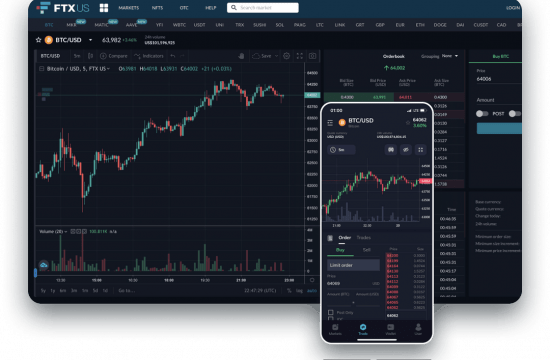Coinbase, one of the largest crypto exchanges in the world, has released a draft policy that calls for the creation of a new and separate crypto regulator that would be focussed exclusively on digital assets.
The company believes that this is needed as the laws that exist right now are more towards traditional finance and may not fit the new digital world and it would require many revisions and changes to be made for it to be suitable to govern and regulate over the crypto world. The Chief Policy Officer of Coinbase, Faryar Shirzad, believes that it would be easier to frame new policies and bring them under a separate regulator rather than trying to club it along with other instruments like stocks and commodities and frame laws together for all of them. This looks like a sly move to pull out digital assets from the purview of the SEC which the crypto industry in the US has been clamouring for over the last year or so as clubbing cryptos along with securities has made it very difficult for the ecosystem to innovate and grow.
This is in contradiction to what the SEC feels as stated by its Chairman Gary Gensler over the last few months as he has been calling Congress to make new laws and give more powers to the SEC to regulate the digital asset industry. The SEC believes that all cryptos need to undergo the Howey test before they are classified as a security or not and those instruments that are classified as securities would need to be governed by the associated laws which would place cryptos like XRP and companies like Ripple in a quandary.
The fact that such policy statements are issued by large crypto companies like Coinbase shows the kind of clout that such companies are beginning to have in the financial sector. That they can achieve this without much help from any of the regulators is a shot in the arm for the crypto supporters as they have been able to make their voice heard seriously. This is surely going to ring in many changes to the financial ecosystem in the future and the sooner that countries adopt and adapt these changes, the more likely it is that they won’t be left behind in the digital race.












